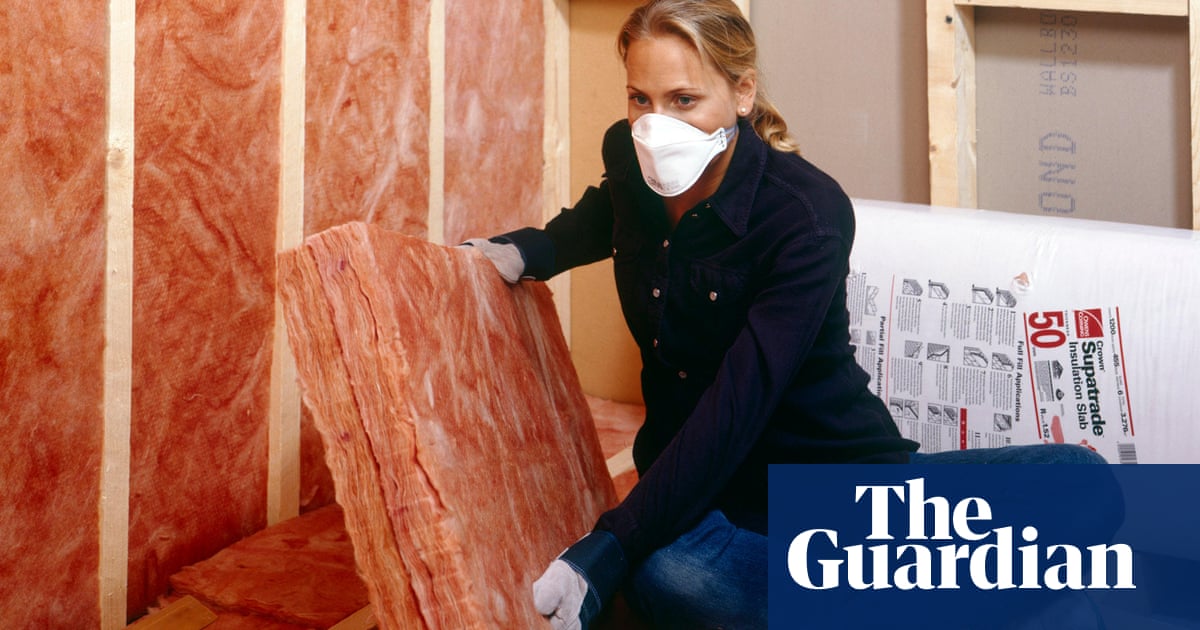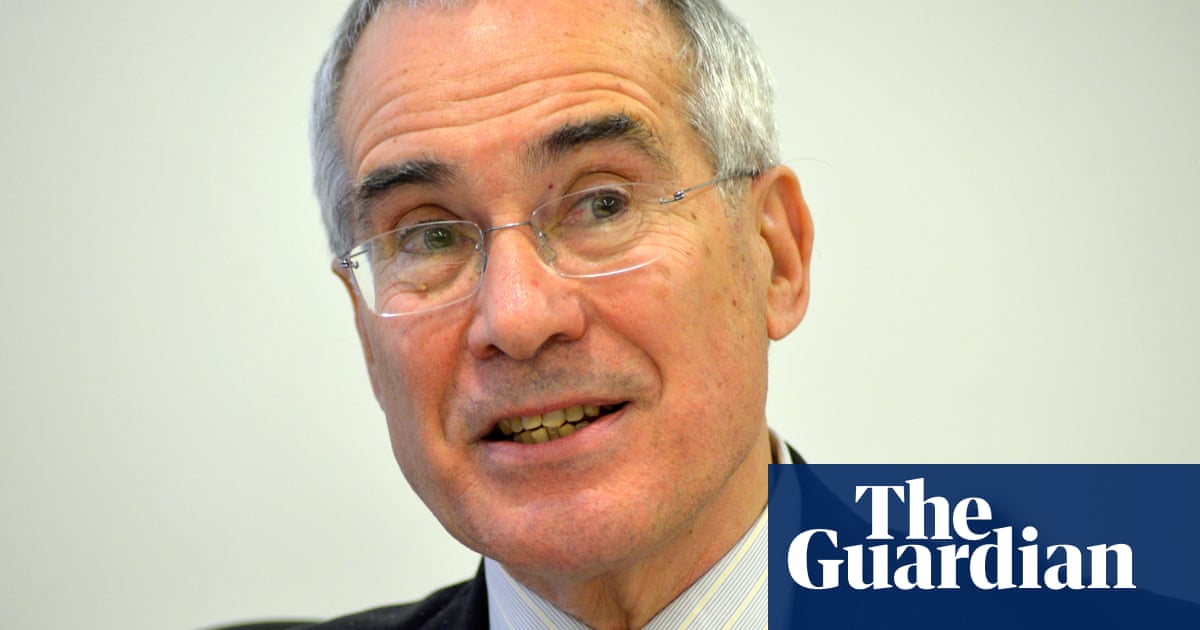
Britain needs investment to reach net zero greenhouse gas emissions, revitalise the national economy and create the jobs of the future. On this, all the main parties are agreed, with the backing of major businesses and strong public support.
But none wants to commit the funding that economists say is needed to kickstart low-carbon economic growth. The Tories have regularly blocked or underfunded some of the areas like wind power, public transport or home insulation that would put the country on the most direct path to hit our emissions targets.
And now Labour has dropped its headline pledge to invest £28bn a year in a “green prosperity plan” in favour of a revised proposal that will reach less than £24bn in green investment over the whole parliament, a dramatic scaling back.
Estimates from thinktanks and academics suggest 10s of billions a year are needed for the shift to a low-carbon future: the IPPR thinktank came up with a figure of £30bn a year of public investment in a study in 2021, while earlier this year the London School of Economics suggested £26bn a year.
And as a result, the UK is now lagging behind. As Ed Matthew, campaigns director at the E3G thinktank, put it: “A lack of investment in our clean energy transition has left the UK off track to meet our climate targets and uncompetitive in the global clean tech race. Securing climate safety and future prosperity requires a major uplift in public green investment.”
Failing to invest would lead to serious decline across the UK, experts have warned. Vital national infrastructure, from transport and the energy grid to buildings, are crumbling and increasingly under strain, which in turn is acting as a brake on potential economic growth.
Public funding also spurs investment from the private sector: the LSE study found that £26bn from the public purse would generate twice as much again in private sector money.
The change of tack by Labour is a missed opportunity, many believe. Paul McNamee, director of the Labour Climate and Environment Forum, said the opposition leader, Sir Keir Starmer, should have made his pitch as an industrial strategy, needed to revive flagging British industries, rather than emphasising the climate element. “Selling this to the country as a climate policy rather than an industrial strategy designed to address the UK’s long-term issues was a mis-step,” he said.
“Labour need to focus on the benefits that this plan will bring – jobs in the areas that need them most, lower energy bills, a more energy independent nation – to bring workers and communities with them, showcasing what green prosperity looks like in practice.”
Because while the sums required for low-carbon investment sound large, the returns are much greater, in the form of higher GDP; household savings from lower energy bills, new jobs and a transition away from the declining North Sea oil and gas sector; and better health, which comes from warmer and less damp homes, lower air pollution, more active transport such as walking and cycling, and more access to green space.
Jess Ralston, energy analyst at the Energy and Climate Intelligence Unit, said more than a decade of underinvestment was holding the UK back and adding to the cost of living crisis. “A lack of investment in insulating homes and building more British renewables over the past decade left UK households on the hook for high gas prices, which cost bill payers and taxpayers in the region of £50bn to £60bn in one year alone. Each home could have saved up to around £2,000 last year had we made those investments,” she said.
“If we want warm homes, reasonable bills and energy independence, investment is required. Switching to heat pumps will leave us less dependent on foreign gas imports, running our home heating instead on electricity from British renewables,” she added.
Renewable energy, in the form of wind and solar power, has plummeted in price compared with oil and gas, making investment much more attractive. Electric vehicle technology has also advanced, and in industry companies are working on methods for making green steel and taking the carbon content out of cement.
But there are still major obstacles – the UK’s electricity grid, for example, needs massive upgrades to allow for new wind and solar farms to come on stream quickly, and to cope with the increased demands from electric heating and electric vehicles. More energy storage, in the form of batteries, is also needed, and the next government must decide on the future of the gas grid.
Public transport is another key area, requiring about £10bn a year in investment, according to one estimate. The government’s scrapping of HS2 and switch to concentrate spending on roads has set back investment further.
About £7bn a year is needed for insulating the UK’s draughty homes, installing heat pumps and ensuring newly built social homes are at low-carbon standards, according to IPPR estimates from 2001. Labour’s plans to scale back such spending to about £13bn over the course of the next parliament fall far short of that.
Supporting industry to decarbonise, and kickstarting projects to capture and store carbon dioxide, would cost another £4bn from the public purse, estimates suggest. Farmers, according to research from Greenpeace in 2019, should receive about £4bn a year to reduce carbon from agriculture.
Temperatures for the year from January 2023 to the end of last month were 1.5C above pre-industrial levels for the first time, new research this week has shown. The next parliament will be crucial in deciding whether the UK can meet its legally binding targets on cutting emissions by 68% by 2030, and reaching net zero by mid-century. Whichever party is in power will face a massive task.
Alice Harrison, head of fossil fuels campaigning at Global Witness, said: “Whoever wins the next UK election will preside over a make-or-break moment on climate change. This urgently requires the phasing out of fossil fuels and a turbocharging of a green economy founded on renewable energy. Not only will this protect the planet, it will create thousands of green jobs and begin a transformation towards a safer, more equal society.”












